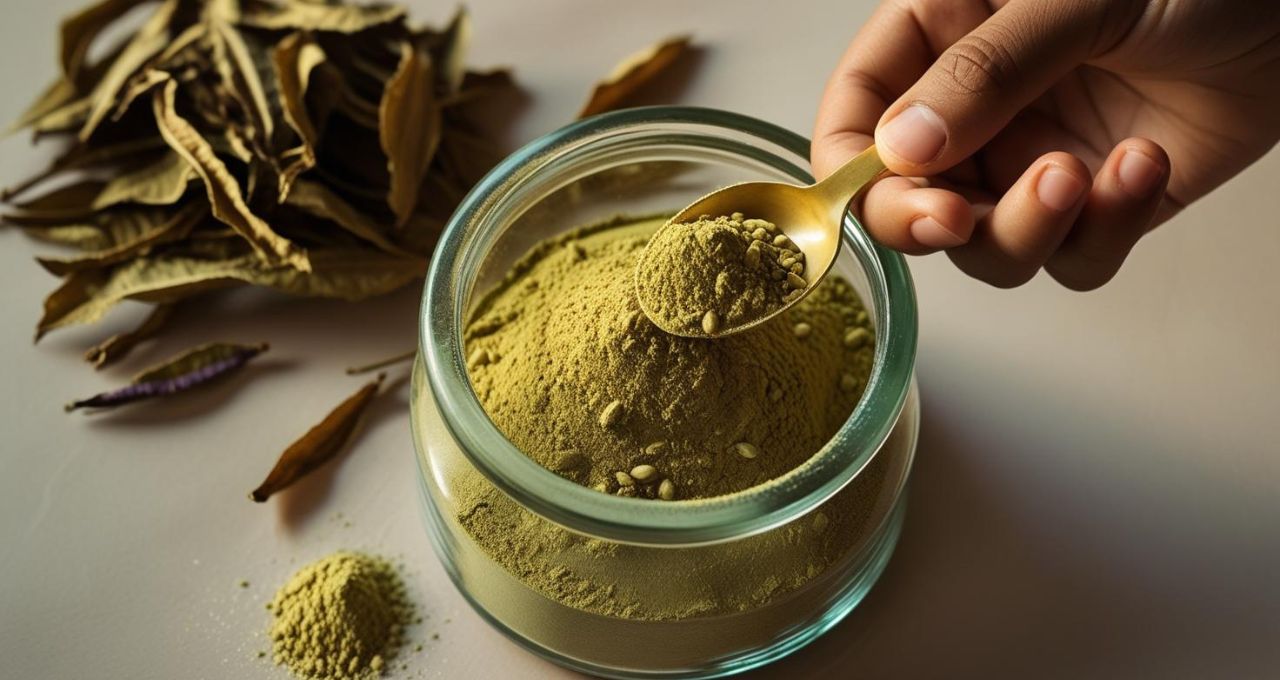Jamun, a seasonal fruit, may aid in blood sugar control. Research suggests that compounds present in jamun, including its seeds, leaves, and bark, are beneficial in diabetes management. The anthocyanins and other bioactive compounds found in jamun improve insulin sensitivity. This article details the potential anti-diabetic benefits of jamun and safe consumption methods.
The Role of Diet in Diabetes Management
Diabetes is a metabolic condition where the body struggles to regulate blood glucose levels. Effective management is crucial to prevent complications like heart disease, kidney damage, and vision loss. According to physicians and nutritionists, a balanced diet including low glycemic index (GI) foods plays a vital role in maintaining stable blood sugar. Jamun emerges as one such fruit, supported by scientific evidence.
Jamun: Rich in Anti-Diabetic Properties

A 2022 study published in the journal Molecules indicates that jamun, along with its leaves, seeds, and bark, may be beneficial for diabetes patients. The report suggests that jamun's active compounds support carbohydrate metabolism and regulate blood sugar levels.
This fruit also has a low glycemic index, preventing sudden spikes in blood sugar. Additionally, its consumption may alleviate diabetes symptoms such as frequent urination and thirst.
The Impact of Anthocyanins and Bioactive Compounds
Jamun contains natural antioxidants like anthocyanins, tannins, and flavonoids, which help improve insulin function in the body. The anti-hyperglycemic properties present in its seeds and pulp may be particularly effective in managing type 2 diabetes.
How to Consume Jamun?

Diabetic patients can consume jamun in moderation as a snack or at any other time of day. Experts suggest that the seeds can be dried and powdered, then taken with water – a traditional natural remedy. This also supports digestive health.
However, consumption should be moderate, and consulting a doctor before adopting any herbal remedy is essential.
Jamun is a potentially beneficial fruit that can assist diabetic patients in blood sugar control. Its consumption may stabilize blood sugar levels and improve overall metabolic health. However, relying solely on one food is insufficient—regular check-ups, medical advice, and a balanced lifestyle are equally important.















